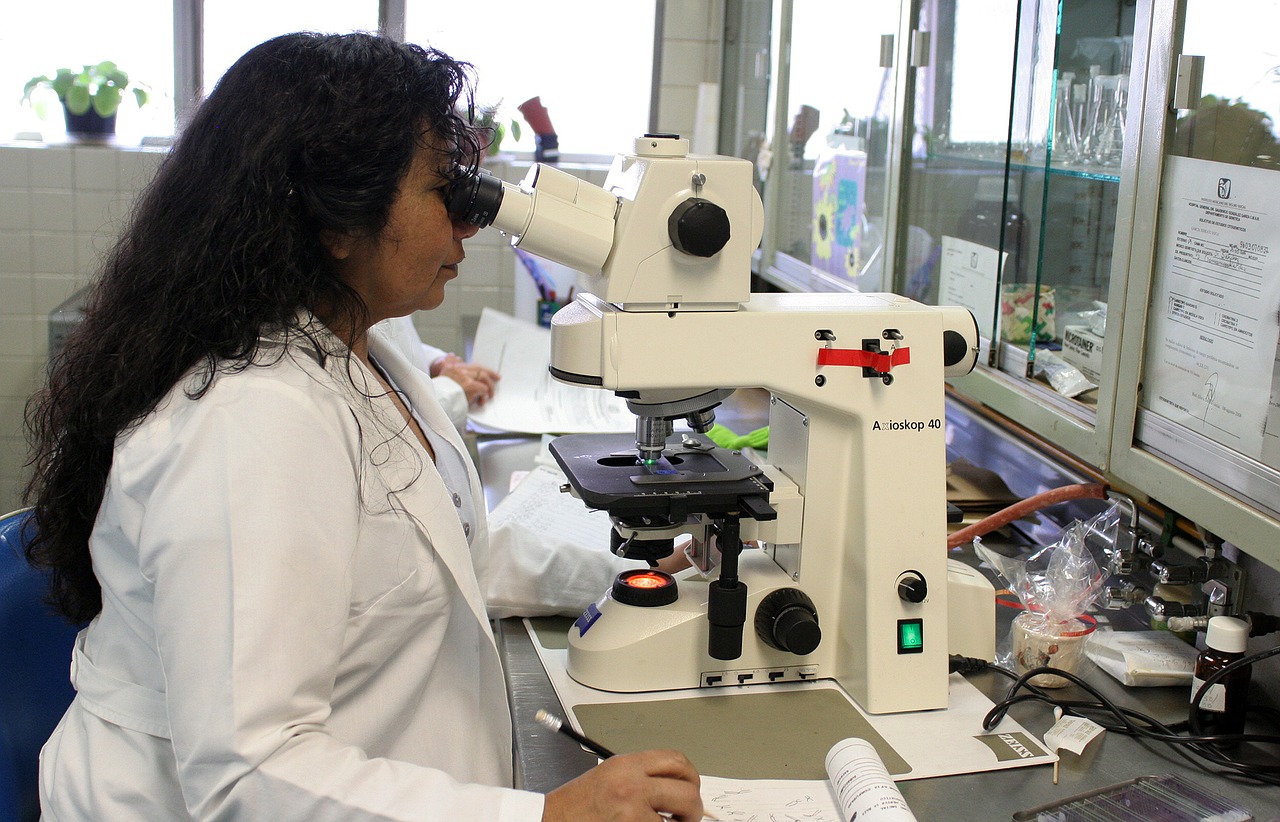When you have a major problem, you consult an expert—at least, that’s the idea. But in recent years, we’ve learned the hard way that so-called “experts” don’t always know what they’re talking about.
[timeless]

It was “experts” who said the Federal Reserve could stimulate the economy back to health… that Donald Trump could never be president… and that social media would unite the world.
Oops.
In finance and investment, knowing which “expert” to trust is a big issue. The lethal mix of too much information and not enough knowledge is probably costing you money… and it might cost you even more.
“Idea Meritocracy”
In the past two weeks, I’ve attended two conferences: our own Strategic Investment Conference (SIC) in San Diego, and South by Southwest back here in Austin.
Both are great events that I highly recommend—yet they are radically different. Unlike the SIC, South by Southwest draws few financial industry people, except venture capital investors.
So I was surprised to see Ray Dalio on the agenda. (Dalio, if you don’t know, is one of the world’s most successful hedge fund managers. His Connecticut-based Bridgewater Associates manages about $150 billion, and Dalio himself is a multibillionaire.)
At SXSW, Dalio discussed how he’s made Bridgewater an “idea meritocracy.”
Everyone who works there constantly rates everyone else on dozens of criteria. The ratings go into an algorithm that generates “believability-weighted” decisions.
Dalio thinks this works better than either democracy or autocracy and other organizations should try it.
Of course, even large successful hedge funds sometimes fall apart suddenly. So maybe celebration is premature. In spite of that, Dalio’s approach is a step toward separating true expertise from mere guesswork.
Others are trying to do the same.
Zero Correlation
After hearing Ray Dalio, I went to another SXSW session called, “How Neuroscience Reveals Your Expert Blindness.” The speakers were Richard Bina of ad agency RPA and Dr. Carl Marci of Nielsen Consumer Research.
Bina and Marci talked about a large study they had done for Honda. The goal: compare how well TV commercials worked on prospective buyers vs. Honda’s own experts.
They had both groups of subjects watch an hour of TV comedy shows including both Honda and other commercials, just like you would at home.
The difference was that they were attached to machines measuring brain activity, eye movement, and so on. This let the researchers see exactly what part of the TV screen drew their eyes and which specific words caught their attention.
The results surprised everyone.
The words and images Honda executives liked had almost zero correlation to those that attracted potential customers. These “experts” homed in on what they knew: the car’s features and financing terms. Consumers, on the other hand, made much more emotional connections.
Bina and Marci called this “expert blindness.” The very fact that you are an expert on something can cause subconscious changes. You might behave differently and may not assess yourself accurately.
That seems to support Ray Dalio’s method, in which experts rate their peers. But these Honda executives regarded each other as experts. They seemed to lose objectivity both with themselves and those with similar expertise.
So that brings up the question, what other experts might similarly misunderstand the people they supposedly serve?
Deep Breathing Fed
Neuroscience says car dealers don’t understand what makes people buy cars. Their own expertise blinds them. Maybe that explains some of the automotive industry’s woes.
Could the same phenomenon apply to other kinds of experts?
Suppose we connected Federal Reserve governors to Dr. Marci’s instruments while they made monetary policy decisions. Then we compared it to consumers and small-business owners seeing the same data.
Would we see different reactions? I suspect so. The Fed’s experts might direct their attention at data that business owners ignored, and vice versa.
And, much like auto dealers, Fed officials seek to elicit specific reactions from businesses and consumers. They want to make bankers lend or entice business owners to invest in new capacity.
But if the Fed doesn’t understand what makes bankers and business owners do those things, it probably won’t work. They could even make matters worse.
As for the rest of us, the challenge is to listen to the right experts and avoid the wrong ones. John Mauldin and I are working on a new project we think will help, so stay tuned.
Subscribe to Connecting the Dots—and Get a Glimpse of the Future
We live in an era of rapid change… and only those who see and understand the shifting market, economic, and political trends can make wise investment decisions. Macroeconomic forecaster Patrick Watson spots the trends and spells what they mean every week in the free e-letter, Connecting the Dots. Subscribe now for his seasoned insight into the surprising forces driving global markets.

